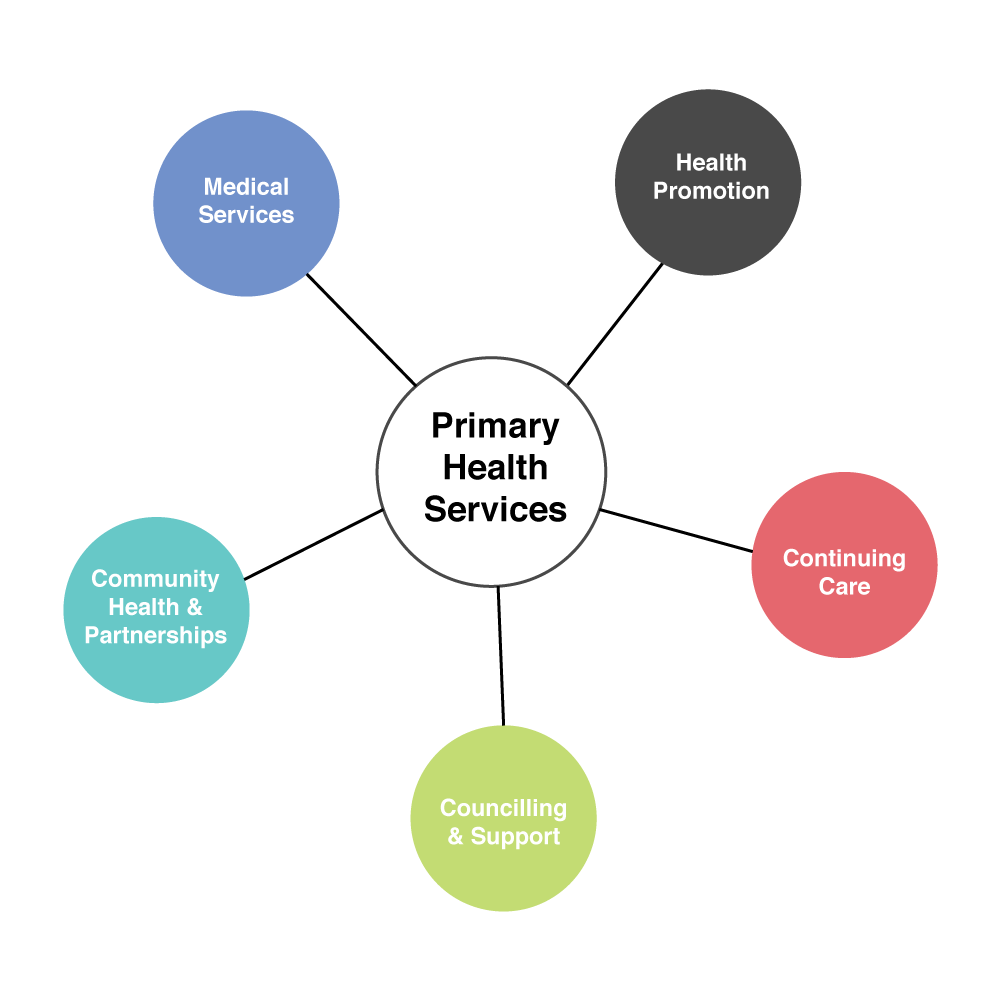Table of ContentsThe 20-Second Trick For What Is Quality Health CareUnknown Facts About When Does Senate Vote On Health Care BillThe 8-Second Trick For What Is A Single Payer Health Care SystemThe 5-Minute Rule for Why Should Rising Health Care Costs Be Controlled?
To save this word, you'll require to log in. versions: or healthcare \ helth-ker likewise heltth- \ efforts made to maintain or restore physical, psychological, or psychological well-being specifically by experienced and certified professionals normally hyphenated when utilized attributivelyhealth-care companies.
Prevention of disease and promotion of health and wellbeing Worldwide concentrations of health care resources, as depicted by the number of physicians per 10,000 individuals, by country. Healthcare, health-care, or health care is the maintenance or improvement of health by means of the avoidance, medical diagnosis, treatment, healing, or treatment of disease, disease, injury, and other physical and mental problems in individuals.
Physicians and doctor partners belong of these health professionals. Dentistry, drug store, midwifery, nursing, medicine, optometry, audiology, psychology, occupational treatment, physical therapy, athletic training and other health professions are all part of healthcare. It consists of work carried out in providing medical care, secondary care, and tertiary care, along with in public health.
Offering health care services means "the prompt usage of individual health services to attain the very best possible health outcomes". Factors to think about in terms of health care gain access to include financial constraints (such as insurance coverage), geographical barriers (such as extra transport costs, possibility to take paid time off of work to use such services), and personal restrictions (lack of ability to communicate with health care companies, poor health literacy, low income).
Health care systems are companies developed to fulfill the health requirements of targeted populations. According to the World Health Company (WHO), a well-functioning health care system requires a financing mechanism, a trained and adequately paid labor force, dependable information on which to base decisions and policies, and well kept health facilities to provide quality medicines and technologies.
Some Of Countries Whose Health Systems Are Oriented More Toward Primary Care Achieve:
Healthcare is conventionally considered a crucial factor in promoting the general physical and psychological health and well-being of people around the world. An example of this was the around the world eradication of smallpox in 1980, declared by the WHO as the very first illness in human history to be entirely eliminated by intentional healthcare interventions.

The shipment of modern health care depends upon groups of experienced experts and paraprofessionals coming together as interdisciplinary teams. This consists of professionals in medication, psychology, physiotherapy, nursing, dentistry, midwifery and allied health, along with many others such as public health practitioners, community health employees and assistive workers, who methodically provide individual and population-based preventive, alleviative and rehabilitative care services.
Healthcare can be defined as either public or private. The emergency room is frequently a frontline place for the shipment of main medical care. Medical care refers to the work of health experts who function as a first point of assessment for all patients within the health care system.
Another expert would be a certified independent professional such as a physiotherapist, or a non-physician medical care supplier such as a doctor assistant or nurse practitioner. Depending upon the region, health system company the client may see another health care expert initially, such as a pharmacist or nurse. Depending upon the nature of the health condition, patients may be referred for secondary or tertiary care.
It can be supplied in various settings, such as Urgent care centers which supply very same day visits or services on a walk-in basis. Primary care includes the largest scope of healthcare, including all ages of patients, clients of all socioeconomic and geographical origins, clients seeking to preserve ideal health, and patients with all types of intense and persistent physical, psychological and social health problems, consisting of several chronic diseases.
The Only Guide to How Much Does Medicare Pay For In Home Health Care
Continuity is a crucial characteristic of primary care, as patients generally choose to speak with the very same professional for routine check-ups and preventive care, health education, and whenever they need a preliminary assessment about a new health problem. The International Category of Medical Care (ICPC) is a standardized tool for understanding and evaluating details on interventions in primary care based upon the factor for the client's see.
Main care also consists of many fundamental maternal and child healthcare services, such as household preparation services and vaccinations. In the United States, the 2013 National Health Interview Study discovered that skin conditions (42.7%), osteoarthritis and joint conditions (33.6%), back issues (23.9%), disorders of lipid metabolic process (22.4%), and upper respiratory tract illness (22.1%, excluding asthma) were the most common factors for accessing a physician.
Physicians in this model expense patients directly for services, either on a pre-paid monthly, quarterly, or yearly basis, or expense for each service in the office. Examples of direct medical care practices consist of Foundation Health in Colorado and Qliance in Washington. In context of global population aging, with increasing numbers of older adults at higher danger of persistent non-communicable diseases, quickly increasing demand for main care services is expected in both established and developing nations.
Secondary care includes severe care: essential treatment for a brief period of time for a short however serious health problem, injury, or other health condition. This care is frequently discovered in a hospital emergency situation department. Secondary care also includes skilled attendance during giving birth, extensive care, and medical imaging services. The term "secondary care" is sometimes used synonymously with "healthcare facility care".
Some main care services are delivered within hospitals. Depending on the company and policies of the national health system, patients might be needed to see a medical care company for a referral prior to they can access secondary care. In nations which run under a blended market health care system, some doctors limit their practice to secondary care by requiring patients to see a medical care company first.
Some Ideas on When Is The Senate Vote On Health Care You Should Know
In other cases, medical specialists may see clients without a referral, and patients may choose whether self-referral is chosen. In other countries patient self-referral to a medical professional for secondary care is rare as previous recommendation from another physician (either a main care doctor or another professional) is thought about needed, no matter whether the financing is from personal insurance coverage schemes or nationwide medical insurance.
Tertiary care is specialized consultative healthcare, normally for inpatients and on recommendation from a main or secondary health professional, in a center that has workers and facilities for innovative medical examination and treatment, such as a tertiary referral medical facility. Examples of tertiary care services are cancer management, neurosurgery, cardiac surgical treatment, cosmetic surgery, treatment for serious burns, advanced neonatology services, palliative, and other complicated medical and surgical interventions.

Speculative medicine and some types of uncommon diagnostic or surgical treatments are thought about quaternary care. These services are usually only provided in a restricted number of local or nationwide healthcare centers. Lots of types of health care interventions are provided outside of health facilities. which of the following is not a result of the commodification of health care?. They include lots of interventions of public health interest, such as food safety surveillance, circulation of condoms and needle-exchange programs for the prevention of transmissible diseases.
Neighborhood rehab services can help with mobility and independence after loss of limbs or loss of function. This can consist of prostheses, orthotics, or wheelchairs. Lots of countries, specifically in the west, are handling aging populations, so among the concerns of the healthcare system is to help seniors live full, independent lives in the comfort of their own homes.